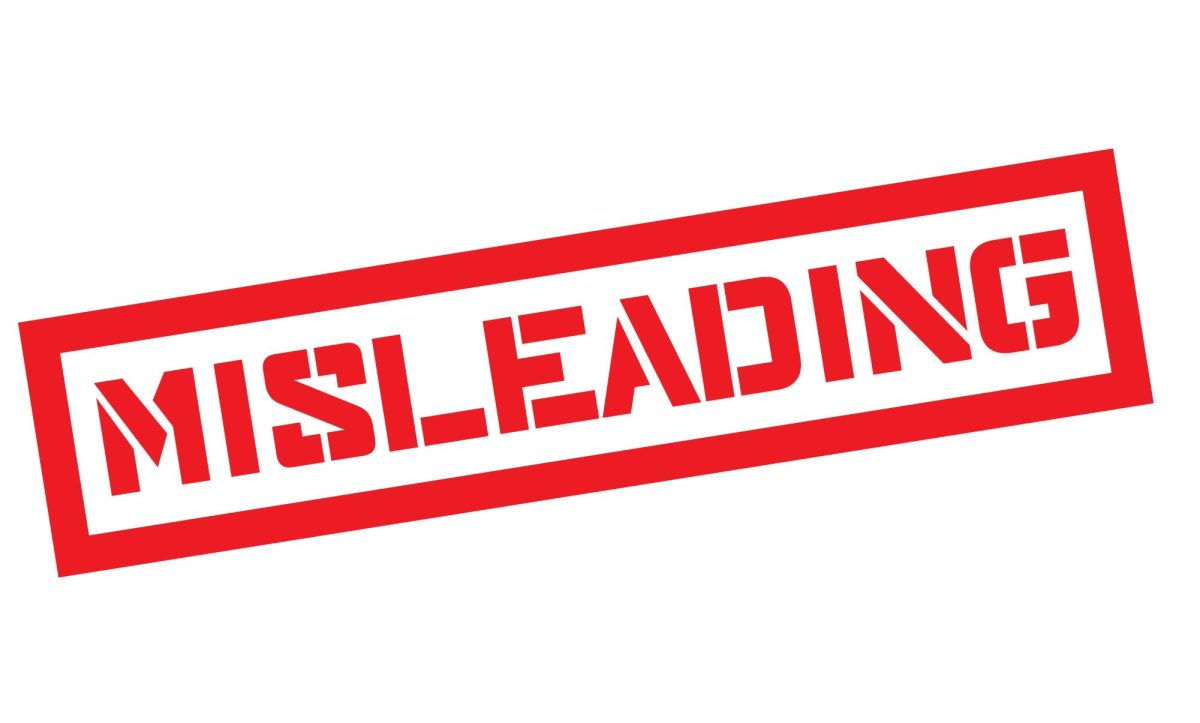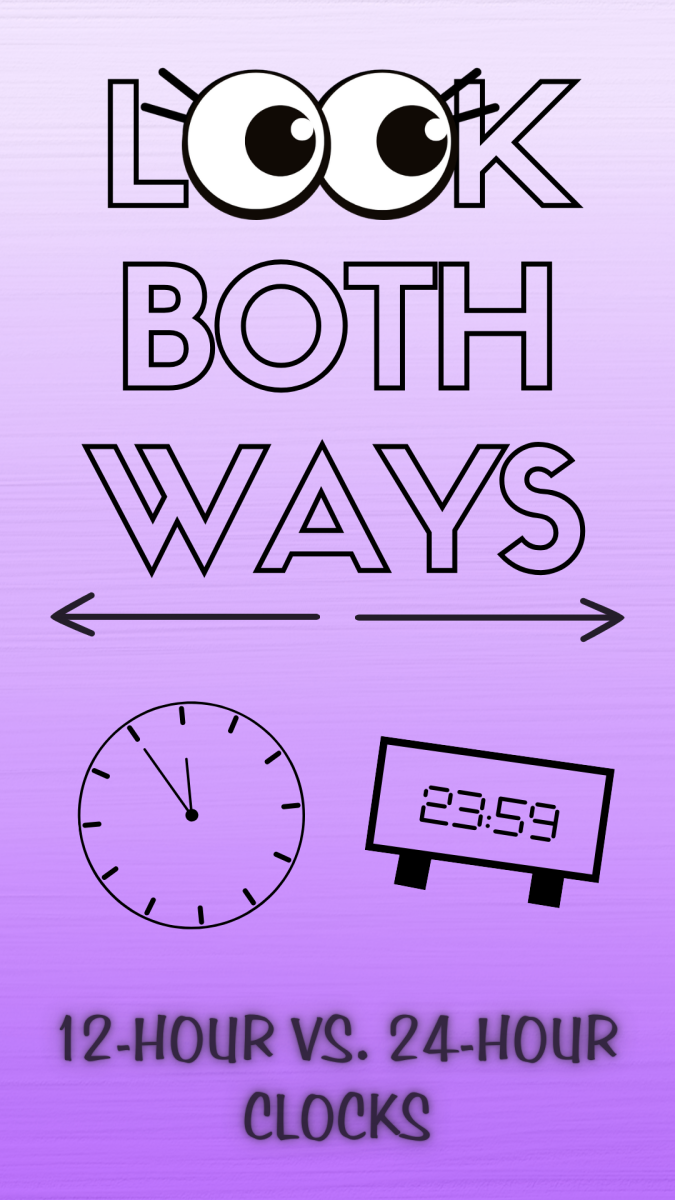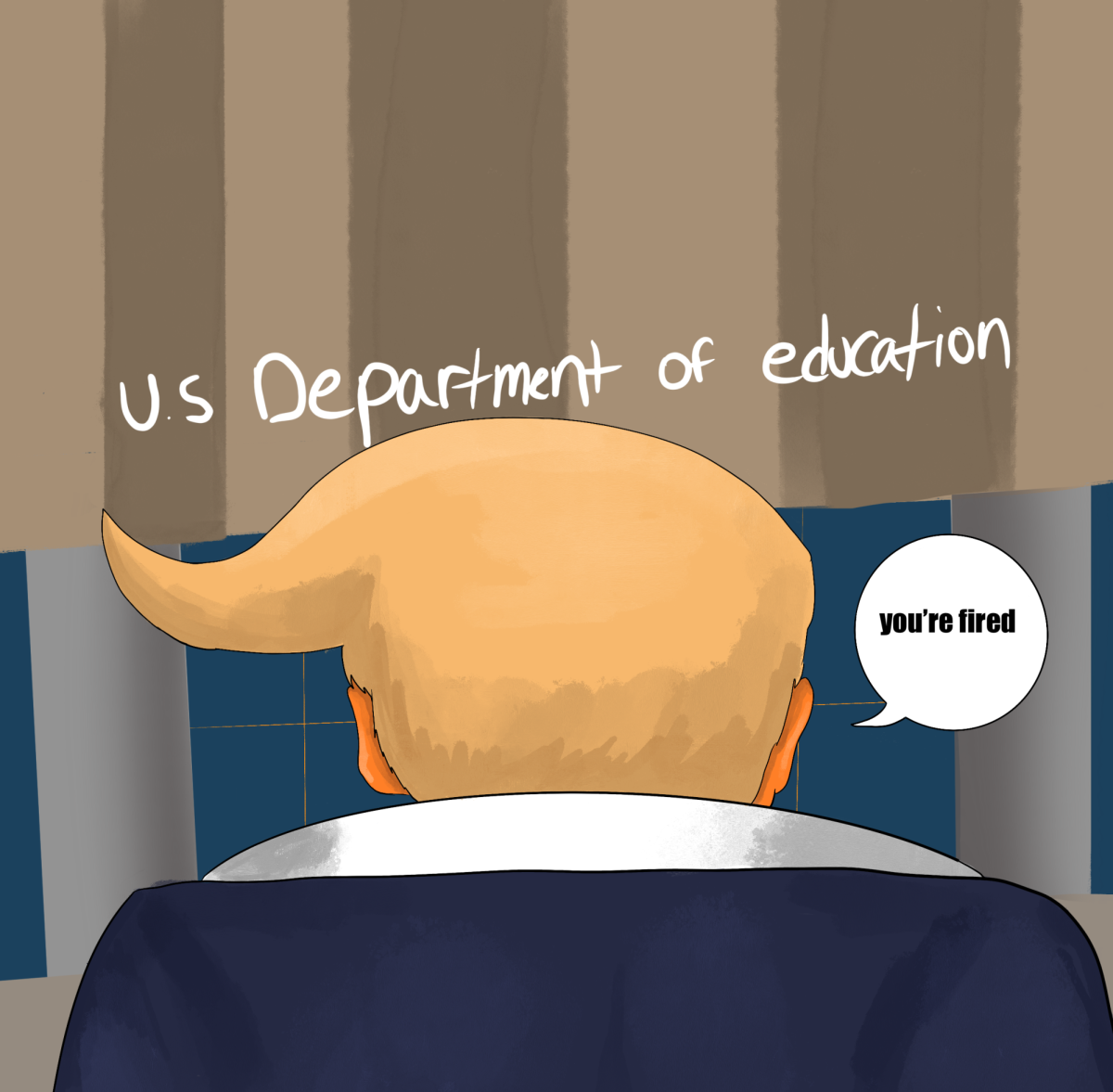Students are not adequately taught how to critically evaluate the authenticity of advertisement claims. Education on the critical evaluation of information should expand to advertisements.
Illinois was the first state to introduce news literacy courses, according to NPR. While education about critical consumption of news is important, it should serve as a framework for evaluating other types of information, including advertisements.
Developing skills regarding source literacy is paramount if individuals want to understand the harm that products can do.
Anne Britt, an NIU professor of psychology, explained why we are so susceptible to false and manipulative advertisement claims.
“So, A) they’re (people) not very good at evaluating claims themselves, and B) they have real trouble, like, saying, ‘Well, what’s your evidence and could that claim be wrong?’” Britt said.
Generally, people multitask while watching advertisements. When scrolling through TikTok, talking with friends or reading a book, people are not devoting full attention to the television. By dividing their attention, it’s easier to believe advirtisment’s claims.
For example, an actor in a doctor’s costume claiming to be a doctor is easier to believe if one is catching up on the most recent celebrity drama on their phone at the same time.
Understanding why individuals are not good at identifying claims creates opportunities for improvement in analyzing advertisement claims.
The Federal Trade Commission published different types of deceptive advertising, including the “1 Plus 1 Equals 11” myth, “Testimonials are Substantiation” myth and “No Rules Apply to Advertising on the Internet” myth.
The variety of deceptive advertising options that exist for companies is astounding; however, legislative action has been taken to prevent businesses from committing false advertising.
For example, in Illinois the Consumer Fraud and Deceptive Businesses Practices Act explains that businesses are not allowed to advertise in a way that is false, including pretenses and promises. Additionally, they cannot falsely represent the product or conceal and suppress facts about their product.
On a federal level, the Federal Trade Commission published a report Oct. 18, “Protecting Older Consumers, 2022-2023,” noting some enforcement actions they have taken, including in the case of Publishers Clearing House – a publishing company – and their allegations of using “dark-patterns” to mislead indigent and older consumers about their sweepstakes.
Outside of this example, Britt described additional potential government steps to combat manipulative advertising, developing regulations that mandate telling consumers what the ingredients in a given product are.
While increased government regulations can be good solutions, companies may be able to circumvent regulations and laws through legislative loopholes. More reliably, educating younger generations is the best method of preventing the effects of deceptive advertising.
“It’s to their (consumers) detriment, therefore, companies should, I mean, universities, even high schools, middle schools maybe but not before that, should actually help students,” Britt said. “Like ask questions that they would say: ‘Does this make sense? Is this true? How do I know?’”
Britt noted that a term-long course about different types of misleading advertisements, including fake news and political campaigns, may be helpful for college students to learn how to evaluate Internet advertisements.
While manipulative advertising seems like a far-off concept, there are significant consequences.
Most notably, a University of Pennsylvania college student with a heart condition passed away after drinking a “Charged Lemonade” from Panera Bread in September 2022. In October 2023, a wrongful death lawsuit was filed, according to NBC.
The death could have been avoided if Panera had been upfront about the levels of caffeine present in the drink.
Manipulative advertising is dangerous, and there needs to be an emphasis placed on it. News literacy and learning about fake news is not enough.
Failure to address manipulative advertising is damaging the credibility, critical thinking and health of society; however, there is hope to improve critical thinking about advertisements through government regulations and the education of young people.















